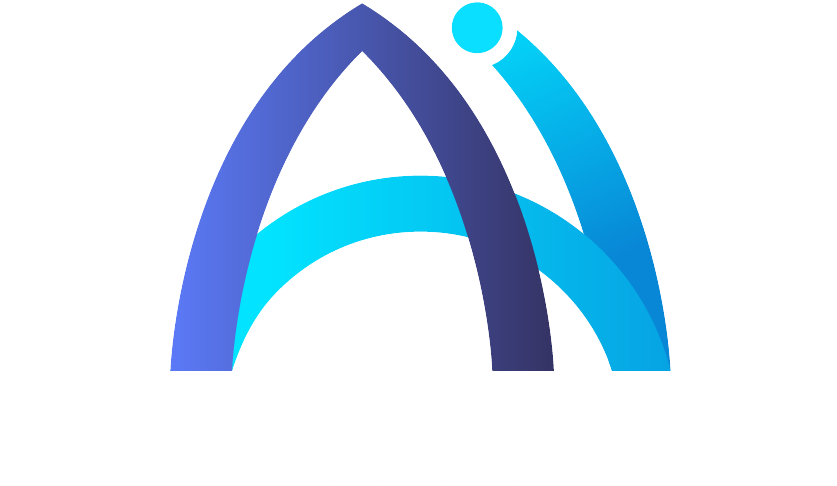Is ETH Staking Halal? A Guide for Muslim Crypto Investors
Introduction
As crypto adoption accelerates across the Islamic world, Muslims are facing a new and urgent question: Can staking be halal? And more importantly, can they tap into this emerging opportunity?
The answer is yes—with the right Shariah framework!
Halal or Haram? A Shariah Perspective on ETH Staking
Before participating in staking, two key Shariah filters must be applied:
✅ Is Ethereum protocol and its token (Ether/ETH) halal?
Yes. Ethereum is a decentralized apps and smart contracts platform and ETH is a utility token that is used to power this platform. It’s not inherently interest-based or tied to unethical activity.
✅ Is the staking process itself halal?
It depends on your role in the process and whether the validator you’re supporting includes haram transactions (like interest-based lending from DeFi apps such as Aave or Compound).
Here are the main roles in ETH staking:
1. Validator (Proposer)
A validator proposes blocks. In this role, a validator selects transactions and creates a block. If Haram transactions are included, the validator (proposer) facilitates Haram transactions. Their reward comes from the transaction fees. This activity will not be entirely haram, and we can consider it Halal with conditions. A validator (proposer) must avoid creating a block that contains mostly haram transactions. A proposer must purify the reward/incentive generated from the Haram transactions in a block.
2. Validator (Attestor)
Validators also act as attestors. They confirm blocks created by the proposers. They don’t select the transactions to be included in a block; they ensure that the block is created according to the protocol’s rules. Their role is generally halal – because it is procedural and technical. Their reward comes from the protocol making them further remote from the transaction level involvement.
3. Delegator (You!)
You stake ETH with a validator who does the work for you. This is normally Halal, if the validator follows Shariah guidelines, and your relationship is based on an Islamic partnership or investment contract. This arrangement can also be based on a Haram arrangement. For example, if the validator ensures you capital protection or guaranteed profit, then this arrangement is not Shariah compliant.
Introducing Goldsand: A Shariah-Compliant ETH Staking Solution
Goldsand, developed by InshAllah Network, solves the biggest problem in halal staking:
What if my validator includes haram transactions?
Goldsand filters out impermissible transactions before they are added to the blockchain. This ensures:
- Your delegator arrangement is Halal.
- Your validator only includes halal transactions.
- No need for income purification.
- You earn fully halal rewards.
It also works for Solana (SOL) staking, using income purification and screening until real-time filtering is ready.
How You Can Start Halal ETH Staking
Here’s a simple step-by-step guide for Muslim investors:
- ✅ Do your due diligence
- Make sure the staking protocol and token are halal (ETH and SOL are generally accepted). Azka Advisors can help you identify that.
- ✅ Choose the right validator
- Use solutions like Goldsand or validators that perform filtering/purification.
- If it is difficult for you to use such a validator, then you will have to follow the above criteria by purifying your reward coming from the validator. Azka Advisors can advise you on setting up an income purification mechanism.
- ✅ Use the right contract structure
- If you’re pooling with others, it should follow an Islamic investment or partnership model.
- ✅ Understand the risks
- ETH price may fluctuate.
- There may be lock-up periods or technical penalties (called slashing).
- ✅ Track your rewards
- If using non-filtered validators, purify a portion of your income based on the percentage of haram transactions involved.
Why This Matters for Muslim Investors
With traditional savings accounts offering little to no returns, many Muslims are searching for halal alternatives to grow their wealth. ETH staking, when done correctly, is one of the few legitimate halal passive income options in the crypto space today.
It offers:
- Ethical income generation.
- No interest or lending.
- Real contribution to a decentralized ecosystem.
- Tools like Goldsand to ensure full Shariah alignment.
Is Staking ETH Like Giving a Loan?
Some Shariah scholars and Muslim investors have raised concerns that staking ETH involves interest-based loan. It might resemble giving a loan to the Ethereum network, and that the rewards earned could therefore be viewed as interest (Riba). However, this is a misunderstanding.
When you stake ETH as a validator (or through a staking provider), you are not lending your ETH to anyone—not to a borrower, not to the protocol, and not to another user. Instead, your staked ETH acts as a security deposit that proves your commitment to follow the network’s rules.
The Ethereum protocol does not use or invest your ETH. It simply holds it in a locked state as a guarantee. If you, as a validator, behave dishonestly or go offline, a portion of your staked ETH may be slashed (i.e., permanently deducted) as a penalty. On the other hand, if you follow the rules and help secure the network, your staked ETH remains untouched.
This model is fundamentally different from a loan. It is closer to a deposit, while the reward is based on the service you provide as a validator, rather than a lending arrangement with guaranteed interest. As such, staking rewards are not considered Riba, provided that all other Shariah conditions are met.
Conclusion:
Crypto is here to stay — and Muslim investors should not be left behind. By following a clear Shariah framework, you can stake ETH in a halal way, earn passive income, and support Islamic principles in the Web3 space.
Disclaimer:
This article is for educational and informational purposes only. It does not constitute financial advice, investment guidance, or a recommendation to stake any specific asset. Cryptocurrency and staking involve significant risks, including market volatility, technical failures, and potential loss of capital. Readers should conduct their own due diligence and consult with qualified financial and investment advisors before making any investment decisions. Azka Advisors does not guarantee the legitimacy and performance of third-party platforms or protocols mentioned herein.



